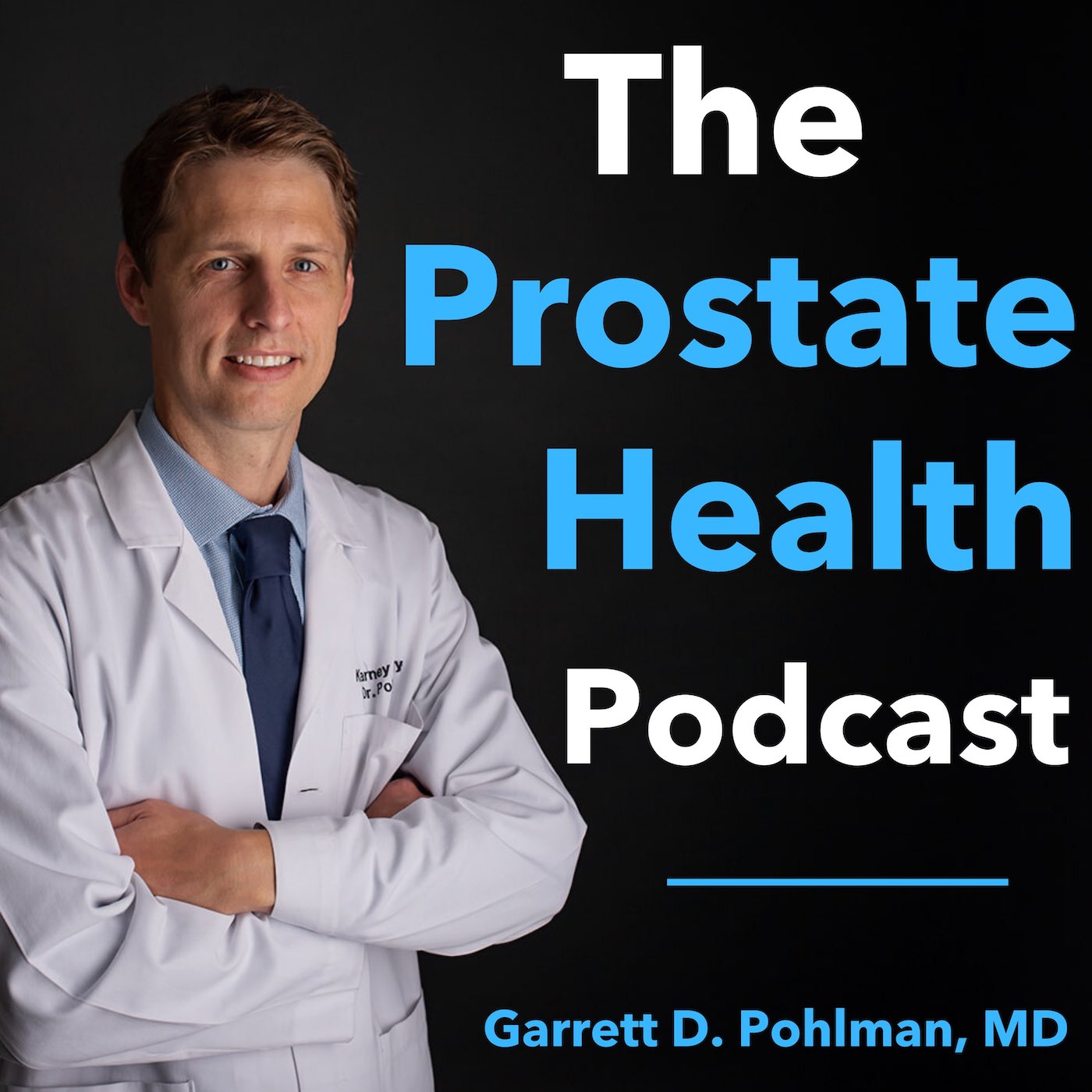Vasectomy is a minimally invasive procedure and an excellent form of birth control for couples. There are, however, many myths and misconceptions that surround a vasectomy, making some men feel reluctant to have it done. For that reason, Dr. Pohlman felt it vital to address those myths once again.
Today, we are bringing Episode 11 back out of the vault. In that episode, the board-certified urologist, Dr. Jay Sandlow joined us to debunk ten of the more common myths regarding a vasectomy. One of those myths is that a vasectomy is the same as castration. That will be one of the ten myths that we will debunk in this episode. Stay tuned for more!
Dr. Sandlow is a fellowship-trained specialist in male infertility. He completed his urology residency and fellowship at the University of Iowa. He currently serves as Vice-chair and Professor for the Department of Urology at the Medical College of Wisconsin, in Milwaukee. He has experience in microsurgery as well as minimally invasive treatments for male contraception. He was a member of the Vasectomy Guidelines Taskforce, as well as serving on the current group updating the guidelines. He has also taught the AUA vasectomy course for the last seven years, as well as completing two vasectomy missions in the Philippines. Be sure to tune in today, to hear Dr. Sandlow bust ten of the more common myths about vasectomy.
NOTE: We have taken a short break from recording any new interviews for the podcast until the start of Season 3. We are bringing another more popular episode out of the vault today. Throughout this time, Dr. Pohlman has been working behind the scenes to line up some tremendous guests for the show. There was a great response from our listeners for the solo shows we released during Season 2, so we will be bringing out more solo episodes for Season 3.
Disclaimer: The Prostate Health Podcast is for informational purposes only. Nothing in this podcast should be construed as medical advice. By listening to the podcast, no physician-patient relationship has been formed. For more information and counseling, you must contact your personal physician or urologist with questions about your unique situation.
Show highlights:
- In his career, Dr. Sandlow has performed about 7000 vasectomies.
- Testosterone levels do not change after a vasectomy.
- Men continue to make sperm after a vasectomy. Dr. Sandlow explains how that happens.
- Vasectomy reversals can work.
- Dr. Sandlow explains what happens with an epididymal blowout.
- Dr. Sandlow explains why vasectomy is not the same as castration.
- After a vasectomy, there is very little decrease in the amount of ejaculate.
- As men age, their amount of ejaculate decreases.
- It’s easier, quicker, less invasive, less expensive, and more effective for a man to have a vasectomy than it is for a woman to have her tubes tied.
- Dr. Sandlow explains why a vasectomy does not affect a man’s ability to get an erection.
- Why you should not regard a vasectomy as temporary.
- Dr. Sandlow explains why vasectomies are not effective immediately.
- Dr. Sandlow discusses the current American Urology Guideline’s stance regarding vasectomy and prostate cancer.
- Although vasectomy is not a perfect contraceptive, it’s an excellent option for many men.
Over the last month, following our founding member’s launch, Dr. Pohlman has enjoyed getting to know the new members of the Prostate Health Academy. The Academy is now open to the public, so if you have any questions regarding how the Academy can benefit you in your prostate journey, feel free to email Dr. Pohlman at garrett.pohlmanmd@prostatehealthacademy.com.
Links:
Follow Dr. Pohlman on Twitter and Instagram – @gpohlmanmd
Get your free What To Expect Guide (or find the link here, on our podcast website)
Join our Facebook group
Follow Dr. Pohlman on Twitter and Instagram
Go to the Prostate Health Academy to sign up for the wait-list for our bonus video content.
You can access Dr. Pohlman’s free mini webinar, where he discusses his top three tips to promote men’s prostate health, longevity, and quality of life here.


Recent Comments